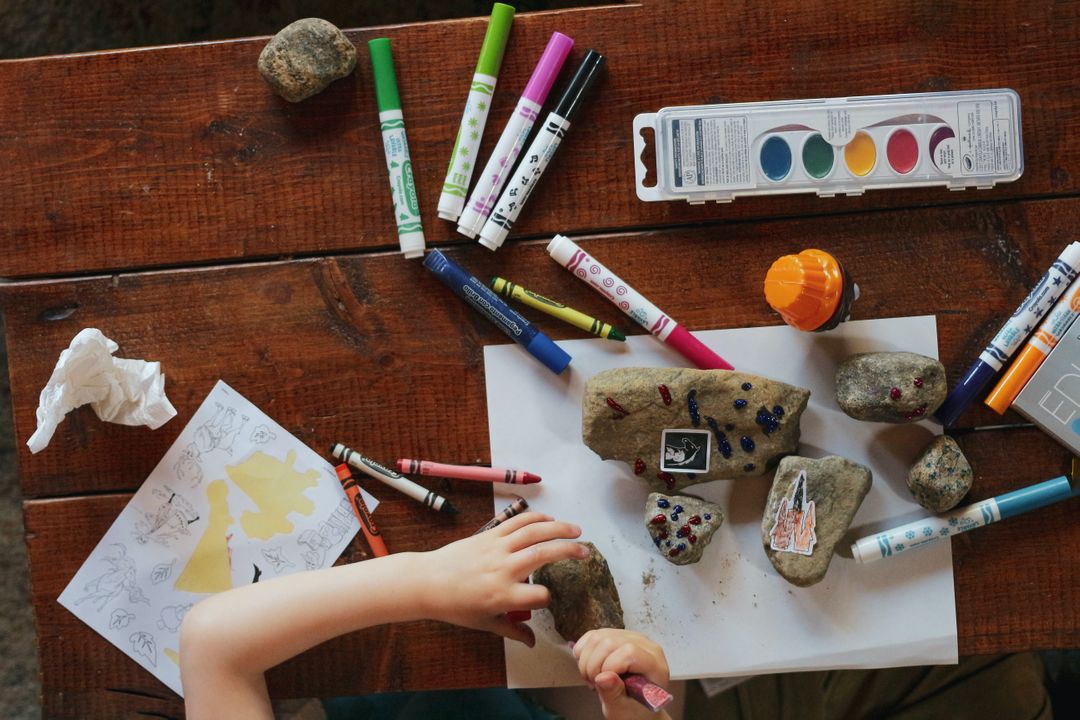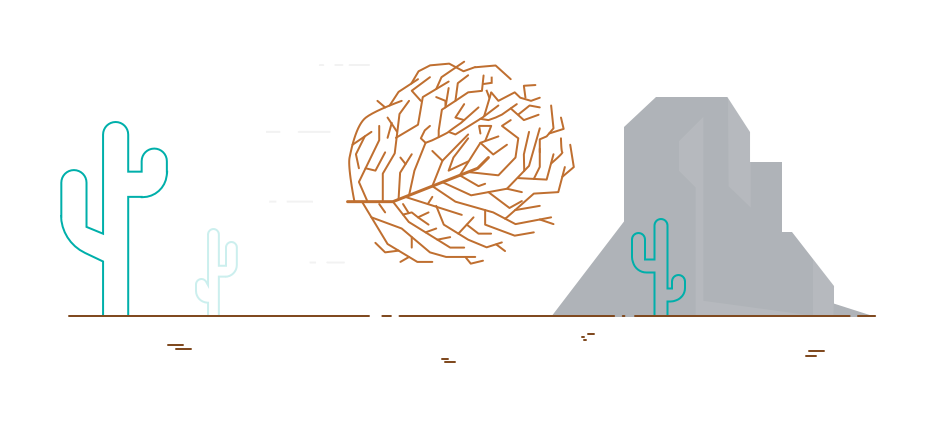alugha goes podcasts
Thanks to alugha, it is now possible to listen to podcasts, to enregister them as well as to trancribe and to multilingualise them
There is no international date for the World Children's Day. As it is today in Germany, there are some thoughts on it.

Read this article in: Deutsch, English, Français
Estimated reading time:6minutesToday is World Children's Day in Germany. There is no internationally standardised date for this day worldwide. This day is intended to draw attention to the specific rights of children and to focus on children with their individual needs. This year, the motto for World Children's Day is "Children's Rights Now!"
In an election year, this also means for the deutsches Kinderhilfswerk and for UNICEF Germany that it is time to anchor children's rights in the Basic Law. After all, the Corona pandemic has made it clear that children are hardly heard and their needs are given less priority. The well-being of children, however, must be prioritised.
In Germany, the UN Convention on the Rights of the Child, which applies in almost all countries, has been in force until now. This contains:
the right to non-discrimination
the right to life, survival and development
the right to the best interests of the child
the right to participation
Since 2000, the right to a non-violent upbringing has also been guaranteed in Germany.
A further discussion on the anchoring of children's rights in the Basic Law would go beyond the scope of this blog. But I would like to address one aspect here, namely the heritage language.
Germany is a country of immigration. The schools and kindergartens are attended by numerous children whose language of origin is not German. However, in Germany, integration performance is still measured on the basis of German language skills (which are often not even assessed objectively, it is rather neolinguicism). In kindergartens and schools, neither multilingualism nor learning German is promoted in any meaningful way. When this is discussed, according to the writer Olga Grjasnowa, it is “weniger um pädagogische Ziele zum Wohl der Kinder, sondern um die Demagogie und die Idee einer Leitkultur” (“less about pedagogical goals for the good of the children than about demagogy and the idea of a Leitkultur”) (44), whereby German is supposed to be the leading language. The idea of a monolingual nation, however, is a construct that dates back to the age of the creation of nation states (especially since there are also autochthonous minorities in Germany).
When the Gastarbeiter came to Germany at that time, people did not get paid German lessons; after all, they were "only guests" and their children were also given little care, ergo discriminated against.
In any case, it is unfortunately still a reality that there is still no equality of opportunity in Germany. However, the language of origin must not be a reason for discrimination.
At alucation, we do not have the solution for everything, of course. However, it is important to us to make knowledge available in as many languages as possible, regardless of origin. If you too would like to pass on knowledge to children of different origins, then click here.
Lisa and the alugha team
#alugha
#everyoneslanguage
#multilingual
Sources:
https://www.bmfsfj.de/bmfsfj/themen/kinder-und-jugend/kinderrechte/kinderrechte-ins-grundgesetz, 20.09.2021, 14:13
https://www.deutschlandfunk.de/kinderrechte-im-grundgesetz-was-sich-fuer-eltern-und-kinder.2897.de.html?dram:article_id=493050, 20.09.2021, 14:15
https://de.wikipedia.org/wiki/Kindertag, 20.09.2021, 14:15
https://www.weltkindertag.de/, 20.09.2021, 14:14
Olga Grjasnowa: Die Macht der Mehrsprachigkeit. Duden Verlag. 2021
Photo: Sigmund via Unsplash

Thanks to alugha, it is now possible to listen to podcasts, to enregister them as well as to trancribe and to multilingualise them
Podcasts enjoy great popularity. However, you still don't find transcripts for them that often. But why do you actually need a podcast transcript? And how do I create one?
The year 2023 has started and the alugha team wishes you a happy, healthy and successful new year. We also have a tip for you: start your year multilingually!